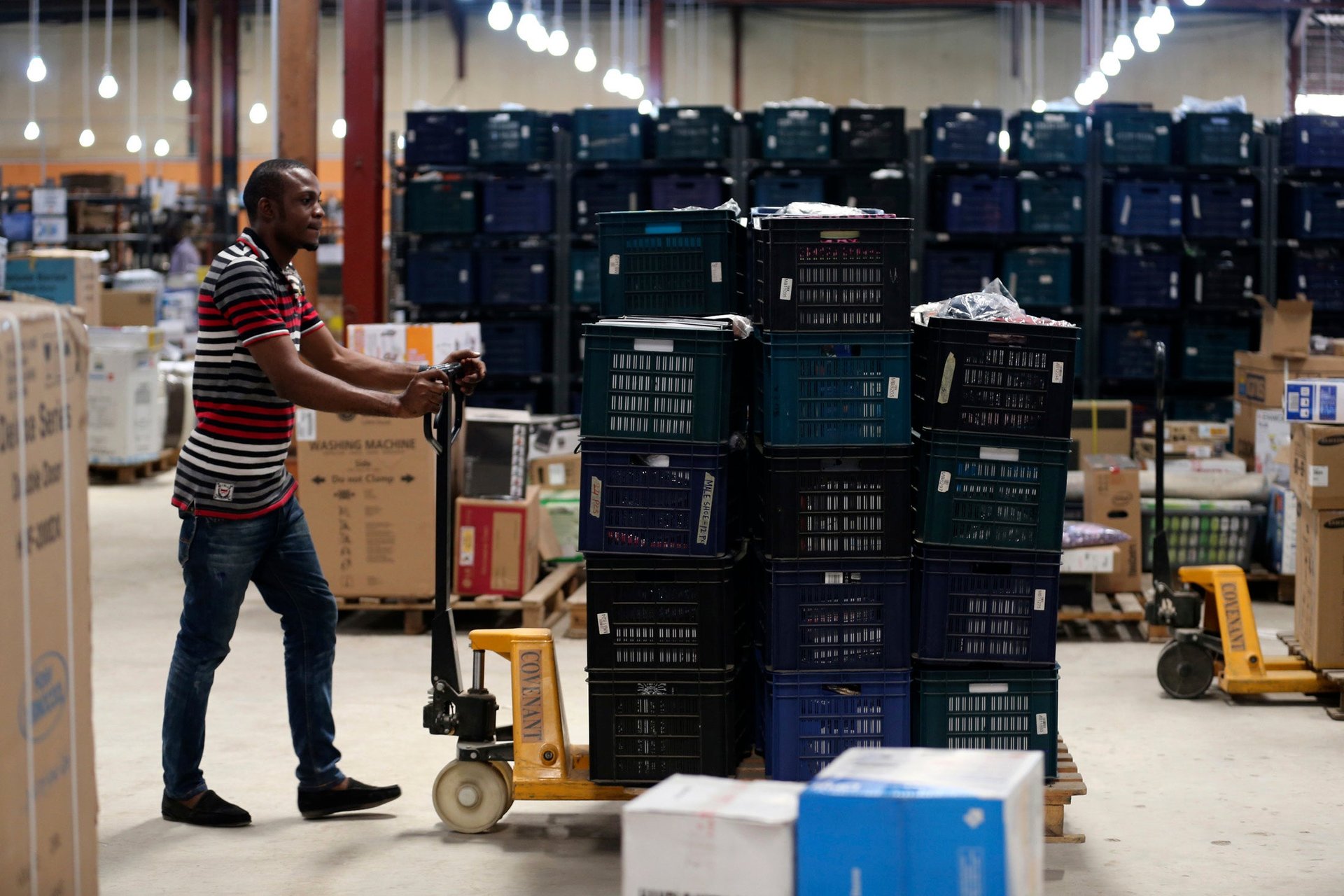Nigeria-based Bumpa is adapting Instagram messaging for vendors selling through DMs
At a time of growing interest in social commerce in Africa, Instagram has started working with African startups focused on helping vendors sell more through DMs, by letting those startups connect to its messaging APIs.

At a time of growing interest in social commerce in Africa, Instagram has started working with African startups focused on helping vendors sell more through DMs, by letting those startups connect to its messaging APIs.
One of the first startups to do this integration is Bumpa, a Nigerian Shopify-like website that allows its users to create an online store, plus other functionalities like recording sales and tracking payments. Vendors who have the Bumpa app can receive Instagram direct messages from potential customers, without needing to have Instagram installed on their phones (though they must have an account).
It essentially brings all of a vendor’s messages from Instagram to Bumpa, and in addition gives the vendor messaging features that are not available on Instagram specifically designed to make it easier to close sales.
In the current iteration, Bumpa’s features enable the vendor to send products, create orders, and request payment from the client.
Social commerce in Nigeria is evolving
Bumpa is a relatively new player in Nigeria’s early social commerce space. In 2020, leading payments processing companies Flutterwave and Paystack each launched features for vendors to create online stores. But where each is an extension of the companies’ payments capabilities, startups like Bumpa are acting as all-in-one business management solutions.
What Bumpa does differently is that it wants to bring the various apps a vendor needs to fulfill orders at scale in one place, Kelvin Umechukwu, CEO and co-founder of Bumpa, says. That includes payment options like Paystack, but also marketplaces and channels through which customers discover the vendor’s products, like Instagram.
Umechukwu says vendors who use Bumpa to manage their businesses received as much as 40% of their customer orders from Instagram and WhatsApp last year. “It tells us that a lot of commerce is happening on social media today. In most emerging markets, it is becoming a norm that I would want to engage the merchant before I make a purchase,” Umechukwu told Quartz.
Customers are already comfortable with ordering via DMs, but it’s not always easy for merchants to manage multiple orders, respond to multiple payment requests, and track everything within the Instagram app, he explains. With the integration, Meta is permitting Bumpa (and subsequent startups like it) to customize the merchant side of the Instagram chat experience to suit e-commerce purposes.
Meta leans into the power of the DMs
Owned by Meta, Instagram and WhatsApp are among the most used apps in the world, but especially in sub-Saharan Africa and India where they are used for commerce by millions of people. Over the years, Meta has devised means to increase commerce on its apps through Instagram Shop, Facebook Marketplace, and WhatsApp for Business for example. But rather than insist that every buyer and seller meet on its apps, it is opening up its system to allow third party companies extend its reach.
It does not seem that Meta has entered a formal partnership with Bumpa by this integration, though the Meta team provided technical guidance to Bumpa. In an email, a spokesperson for Meta said it is “constantly seeking out opportunities to enable companies to create customizable tools that will drive the adoption of social commerce and empower organizations like Bumpa to create unique messaging interfaces for their merchants.”
What appears beneficial to Meta is that having its products integrated with e-commerce companies’ services through messaging APIs could help Meta increase its $114 billion advertising business, still its biggest revenue generator.